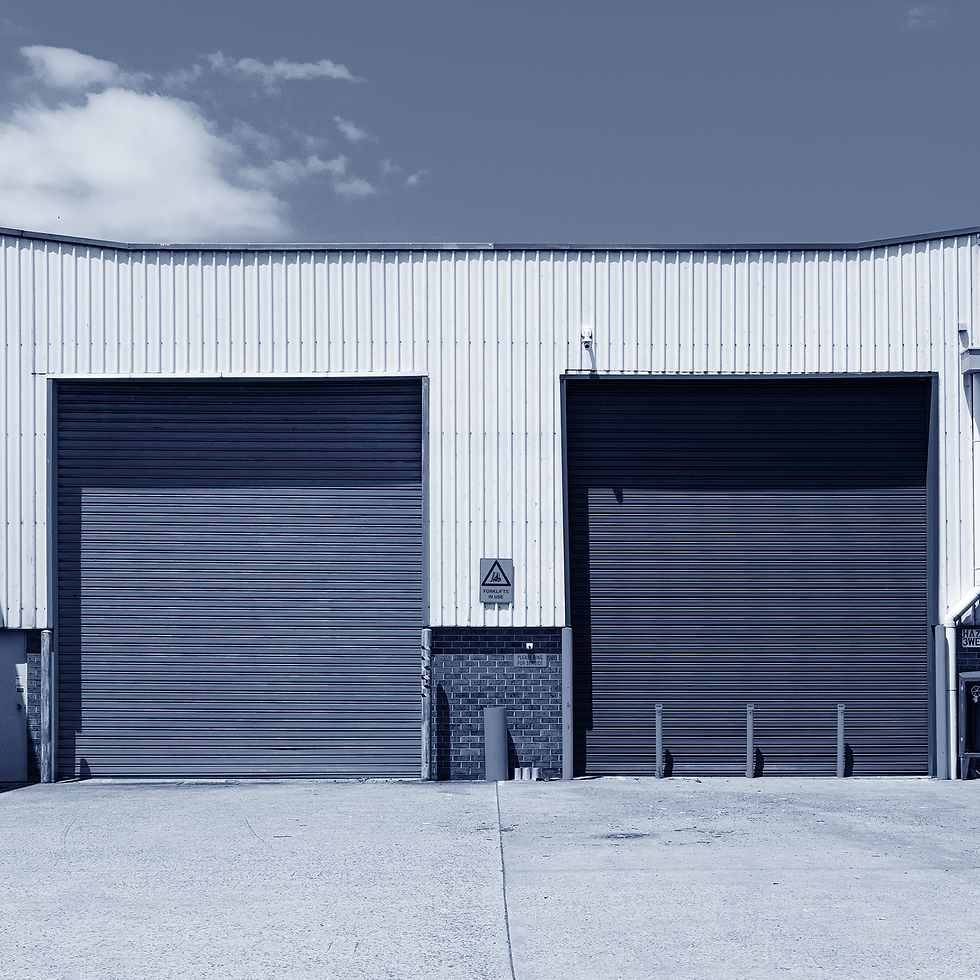The market is hot, and properties are moving fast. Although not impossible, finding a building for sale that matches a buyer’s needs is much more difficult than it used to be. Finding the right lease opportunity is also tough.
Because spaces are harder to find––especially smaller offices and industrial properties–– landlords and owners are looking for high credit tenants and buyers. It’s important to know that your actions or inaction can make or break a deal for a seller or landlord. Being able to zoom up and look at the deal from multiple perspectives is beneficial during this current market.

So, what’s the inside scoop––the real talk––buyers and tenants need to know in this tight market? It’s time to look yourself in the mirror, reflect, and ask yourself these questions:
1. What kind of tenant are you? If you’re “high maintenance” or driven to complain about every small thing, you could find yourself with a landlord who won’t renew you. I’m not talking about big issues like safety, HVAC, or plumbing. I am saying, be thoughtful in this market about how you are perceived. These days, there are too many options for landlords of small office and industrial spaces to stay with a tenant that is difficult for them.
2. What kind of buyer are you? Being prepared lets those in the deal know you’re serious. Do you have a plan and a strategy? Are you open to creative solutions to get the deal done? During such an active time, it’s important to present yourself as someone who is really in the game and ready to buy.
3. Do you have an organized financial story? Whether you’re looking to lease or buy a property, have your financials in order before you start your search. Deals move quickly now, and if you’re not organized, you may be left behind. In a recent deal, I had a potential buyer share his financials from the get-go. It let me, the broker, and the seller know he was serious. Get your finances in order and your money lined up.

4. Is it really too much or not enough? Think your space needs through. For example, it’s very difficult to find industrial spaces in the 10,000-12,000 SF range. So, if you are leasing a 13,000 SF that feels too big, you may be better off staying put for now. On the other hand, some tenants think that expanding their current leased space is a win-win for both tenant and landlord. That’s not always so. Sometimes, landlords are better off staying small with multiple tenants. One, they can get more for smaller spaces, and two, it’s riskier for the landlord to be left holding a larger empty space instead of a small one.
5. If you can’t make the deal happen, would you regret it? If your answer is yes, then make sure you enter the deal prepared. Do your research, have your financial story together, think creatively, and avoid “analysis paralysis.” If you’ll regret losing the deal, take the steps needed to get it done. (Read my tips for Buying in an Industrial Commercial Property in a Tight Market or Five Tips to Get the Right Lease)
Conclusion
A broker can help you avoid deal pitfalls, but ultimately, your actions or inaction can drive deal success. When buying or leasing commercial real estate in a tight market, buyers and tenants need to examine their expectations, be prepared, have realistic needs, and act strategically to be successful. Real talk. I’m here to help if you have any questions.

Jeff Salzbrun is the owner and broker of Commercial Equities Group (CEG). As a veteran-owned real estate brokerage, CEG has been involved in thousands of sale and lease transactions, ranging from single offices to 250,000+ square foot buildings. At CEG, we get your deal done. We know space, and we know the CRE business.

Comments